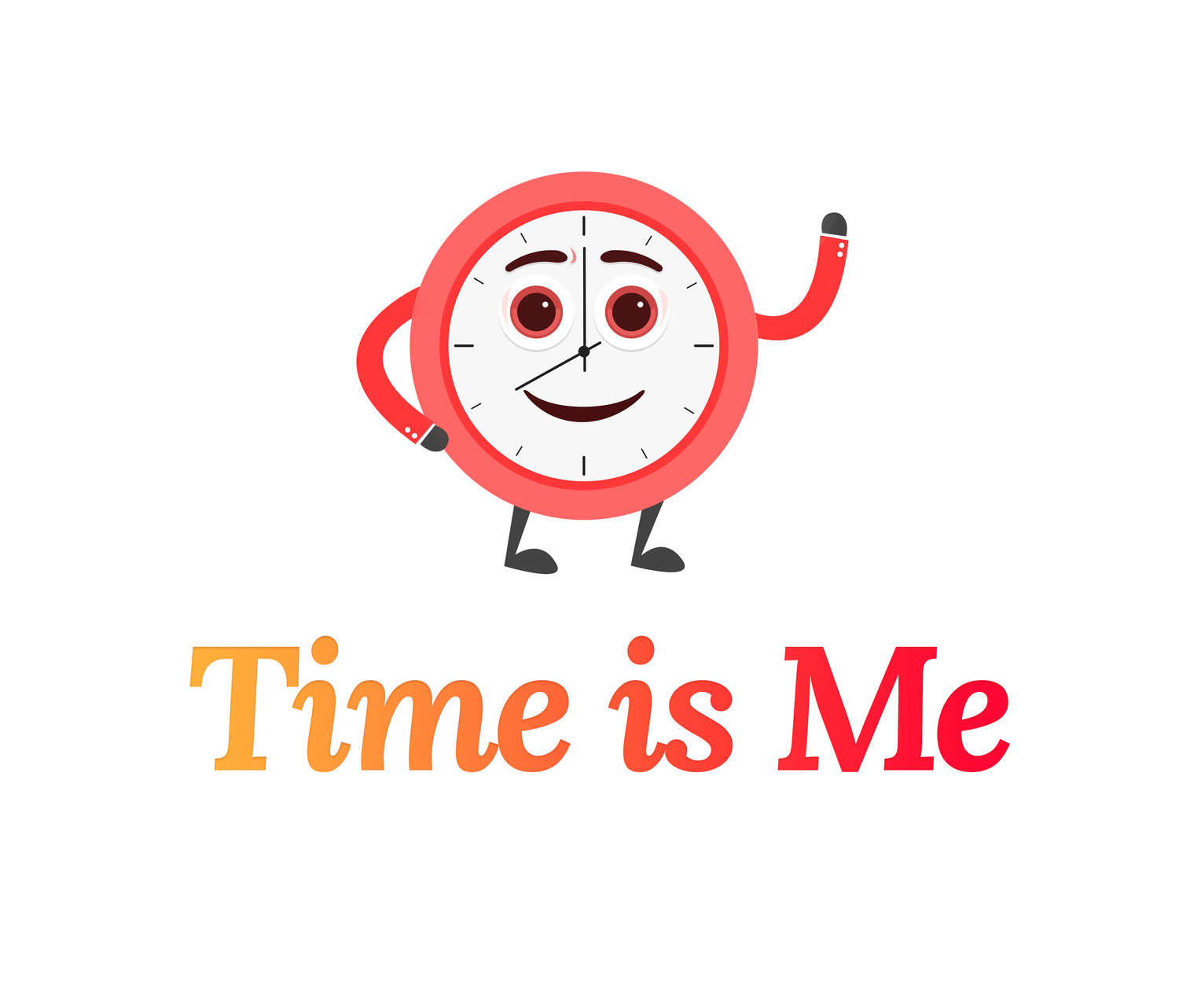So many people complain about not having time. In fact, I am guilty of this. I do it nearly everyday. My time is very scarce. Because of this, the tactics of time budgeting that I discussed earlier come in to play. It is important to realize how much time you actually have. The next question is how do you go about this? Upon completion of accurate record of time usage and budgeting, it then becomes pretty clear how much time is actually left. What you will likely find is that you have more time than you think, especially after you go through the exercise of actually making a budget and a schedule. This was true for my experience.
When you find out you have more time than you actually think, you then realize “I don’t have time” is not actually the case. So then you refer to your longer term goals and focus on what you really want to accomplish. These are the goals you want to make time for. Assuming you are able to find extra time after this process, the next step is to train yourself to stop saying the following words “I don’t have time.” This is extremely difficult to break. I am still trying to do that! This could take quite a while to master. I will let you know when I get there, I have not yet!
Now if you can’t find any extra time at all, you need to reevaluate your schedule. You are then way too busy and need to cut things out. This would be a good time to reread the “Cut the Clutter” post. Even if you are not too busy, it is a good time to reevaluate the activities. It is important to re-evaluate your activities regularly as life is always changing and we are going through different stages.

